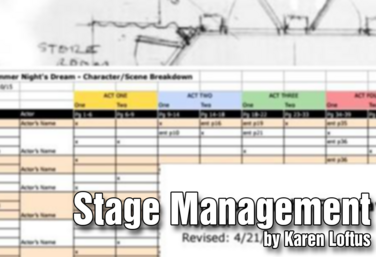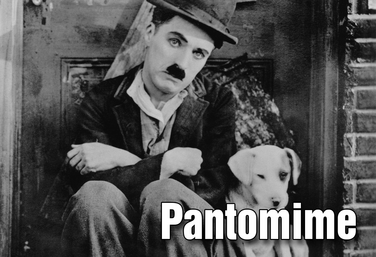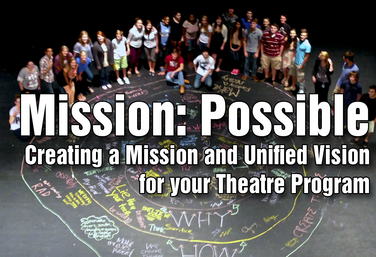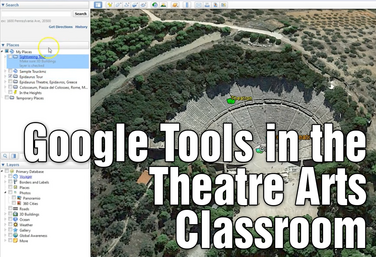View all Standards for Georgia Performance Standards - Theatre Arts
TAHSAD.CN.1 Explore how theatre connects to life experience, careers, and other content.
a. Explore the relationship between theatre and other non-arts disciplines to synthesize concepts and skills from other disciplines to create theatre.
b. Explore careers through participation in various production roles and activities found in commercial, professional, amateur, and/or educational theatre.

Stage Management
by Karen Loftus

Part of the Drama One Curriculum
Pantomime
by Karen Loftus

Part of the Stagecraft Without a Theatre Curriculum
What is a Stage Manager? (Extra Lesson)
by Karen Loftus

Mission Possible: Creating A Mission And Unified Vision For Your Theatre Program
by Amy Patel

Introduction to Stage Management Part One
by Karen Loftus

Marketing the Arts
by James Van Leishout

Google Tools in the Theatre Arts Classroom
by Anna Porter
View all Standards for Georgia Performance Standards - Theatre Arts Standards Master List